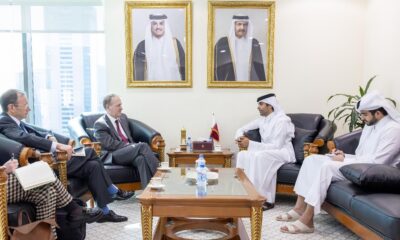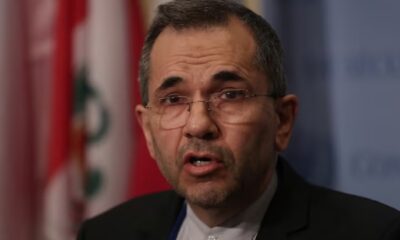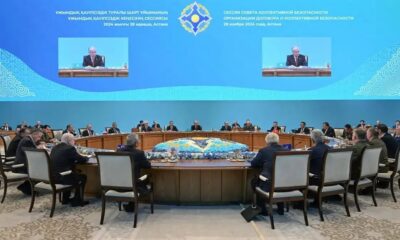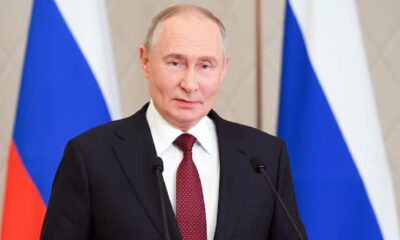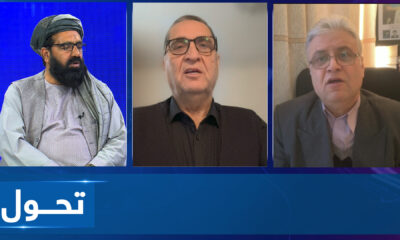Latest News
IEA hopes CASA-1000 power project’s work to begin in April
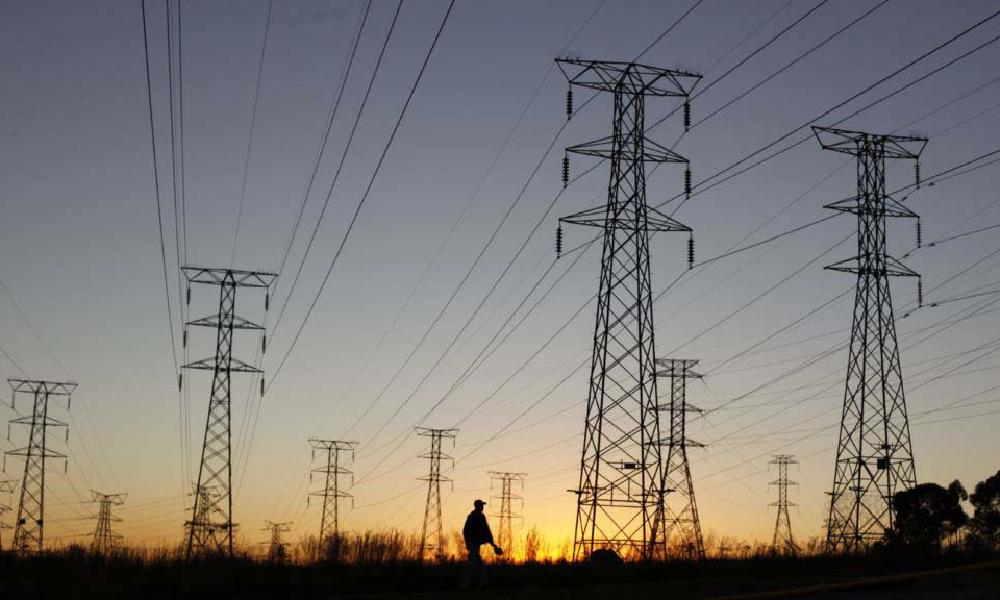
The Islamic Emirate spokesman Zabihullah Mujahid says the work of the Central Asia-South Asia Electricity Transmission and Trade Project (CASA-1000) in Afghanistan will officially begin by the end of April with the financial support of the World Bank.
“We believe that Inshallah, this will be a vital project for the region and will help the nation a lot in the electricity sector. The work of this project will start by the end of April, Inshallah, it will begin one and a half months later,” said Mujahid.
Mujahid added that the contract to transfer electricity from Central Asia to South was signed on Friday in Turkey between the countries of Kyrgyzstan, Tajikistan, Pakistan and Afghanistan.
Meanwhile, a delegation of Da Afghanistan Breshna Sherkat (DABS) has gone to Turkey to discuss with the countries involved in this project and the World Bank.
DABS officials said that there have been meetings between the involved countries in the last two days about how to start this project.
The request for the resumption of CASA-1000 project was made by Afghanistan, Kyrgyzstan, Tajikistan and Pakistan in December last year.
“Afghanistan is currently a country that can level the ground for domestic and foreign investors to invest in the electricity generation sector in all its projects,” said Hekmatullah Maiwandi, DABS spokesman.
It should be stated that CASA-1000 project will transfer electricity from Kyrgyzstan and Tajikistan to South Asia through Afghanistan.
In the meantime, economic experts say with the completion of this project, Afghanistan will witness the expansion of economic interactions and the first corridor of electricity transmission from Central Asia to South Asia.
“This is the idea that needs to be adapted and I wish that Afghanistan's management may be excellent in its transit sector, and this movement creates regional beliefs,” said Sayed Masoud, a university professor.
Earlier, It was estimated that with the completion of this project, Afghanistan would earn about 45 million dollars annually from electricity transit from its territory to Pakistan.
The electricity transmission lines of this project will pass through seven provinces and 35 districts in Afghanistan and then reach Pakistan.
It was said before that the implementation of this project inside Afghanistan would cost 225 million dollars.
Meanwhile, based on the announcement of the World Bank, the construction work of the CASA-1000 project in Pakistan, Tajikistan and Kyrgyzstan is about to be completed.
Latest News
British, Qatari officials meet to discuss Afghanistan

British Special Representative for Afghanistan Andrew McCoubrey met Qatari foreign minister's special envoy Faisal bin Abdullah Al Hanzab in Doha, it was announced on Thursday.
The two sides discussed several topics of common interest, particularly the latest political, security and humanitarian developments in Afghanistan, Qatar's foreign ministry said in a statement.
Latest News
CSTO calls for inclusive government in Afghanistan
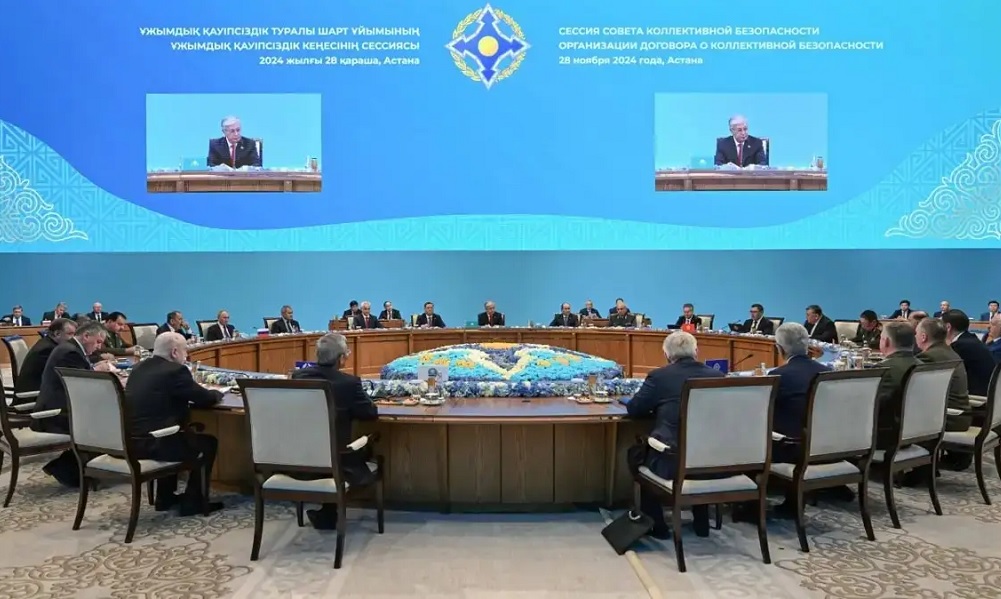
Leaders from member states of the Collective Security Treaty Organization (CSTO) following a meeting in Astana on Thursday called for establishment of an inclusive government in Afghanistan to ensure stability and prosperity in the country.
In the Declaration of the Collective Security Council of Russia-led military alliance, they also called for increase in the level of humanitarian assistance to Afghanistan.
"We stand for the establishment of Afghanistan as a peaceful, independent and united state, free from war, terrorism and drugs,” reads the declaration. “We note the importance of forming an inclusive government in Afghanistan that will represent the interests of all segments of the population and ethnic groups as one of the key factors for ensuring a stable and prosperous Afghanistan.
“We call on the international community to increase the volume of humanitarian aid to Afghanistan in order to support the population and develop this country's infrastructure.”
The members of the Council believe that the development of economic interconnectedness and integration of Afghanistan into the regional economic systems will contribute to strengthening peace and stability. The Council also emphasized the potential of the multilateral platforms on regulation of the situation in Afghanistan including under the UN aegis.
"We reaffirm our commitment to strengthening and improving collective efforts in the fight against international terrorism, extremism, illegal trafficking in narcotic drugs, psychotropic substances and their precursors, illegal arms trafficking, illegal migration, as well as protecting the population from natural and man-made disasters," the document reads.
This comes as the Islamic Emirate has repeatedly claimed that the current government in Afghanistan is inclusive and it represents all ethnic groups in the country.
Latest News
Putin says Russia hopes to build strong relations with Afghanistan

Russia sees an opportunity to boost relations with Afghanistan amid the country's stabilization, Russian President Vladimir Putin said on Thursday.
"The CSTO [Collective Security Treaty Organization] is not only alive but thriving," Putin told journalists following the CSTO Summit in Astana, Kazakhstan. "All member countries participating in its work are interested in maintaining these ties both now and in the future."
"What’s going on in Ukraine is not the only reason things are difficult. Is everything so good in Asia? He added. - Should the events on the borders of the commonwealth countries with Afghanistan make us feel so good as to turn our attention elsewhere?"
"The situation in Afghanistan is complex," Putin noted. "Still, we hope to build strong relations with Afghanistan."
"We cannot ignore the fact that the situation in the country is stabilizing. We are engaged in bilateral relations with the current authorities of Afghanistan and they [the relations] will be developed further," the Russian president added.
"However, the situation remains complicated and demands our close attention, including from the CSTO," Putin said. "After all, the CSTO is concerned not only with military issues, but also with fighting organized crime, drug trafficking and so on. So there is plenty of work to do, and member states are equally interested in addressing this."
On November 25, an extensive Russian delegation, which was led by Russian Security Council Secretary Sergey Shoigu and also included Russian Deputy Prime Minister Alexey Overchuk, held four meetings with Afghanistan’s Deputy Prime Minister Mohammad for Political Affairs Abdul Kabir, Deputy Prime Minister for Economic Affairs Abdul Ghani Baradar, Acting Defense Minister Mohammad Yaqoob, and Acting Interior Minister Sirajuddin Haqqani.
-
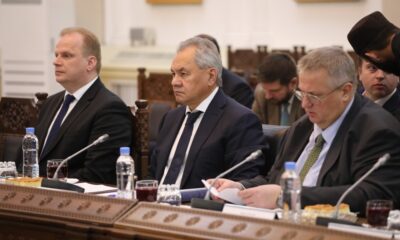
 Latest News4 days ago
Latest News4 days agoRussian delegation says IEA to be removed from Moscow’s blacklist ‘soon’
-

 Sport3 days ago
Sport3 days agoChampions Trophy arrives in Kabul as part of world tour
-

 Sport3 days ago
Sport3 days agoAfghanistan beat Pakistan to secure Youth Tri-Nation Series title
-
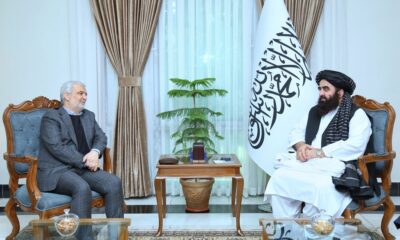
 Latest News3 days ago
Latest News3 days agoForeign ministry ready to work with new ambassador of Iran: Muttaqi
-
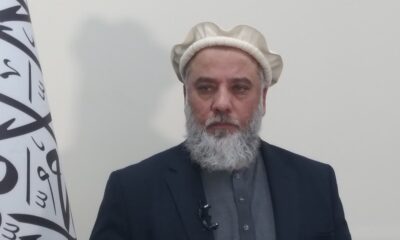
 Latest News3 days ago
Latest News3 days agoActing Minister of Industry Azizi heads to Türkiye for Halal Expo
-
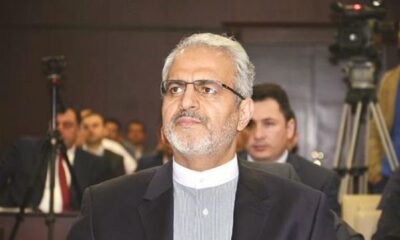
 Latest News5 days ago
Latest News5 days agoIran appoints new ambassador to Afghanistan
-
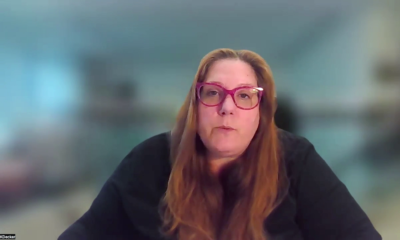
 Latest News3 days ago
Latest News3 days agoUS envoy says ‘there’s no solution for Afghanistan’ without input from the region
-

 Sport5 days ago
Sport5 days agoAfghanistan beat UAE by 8 wickets in U19 tri-nation series


